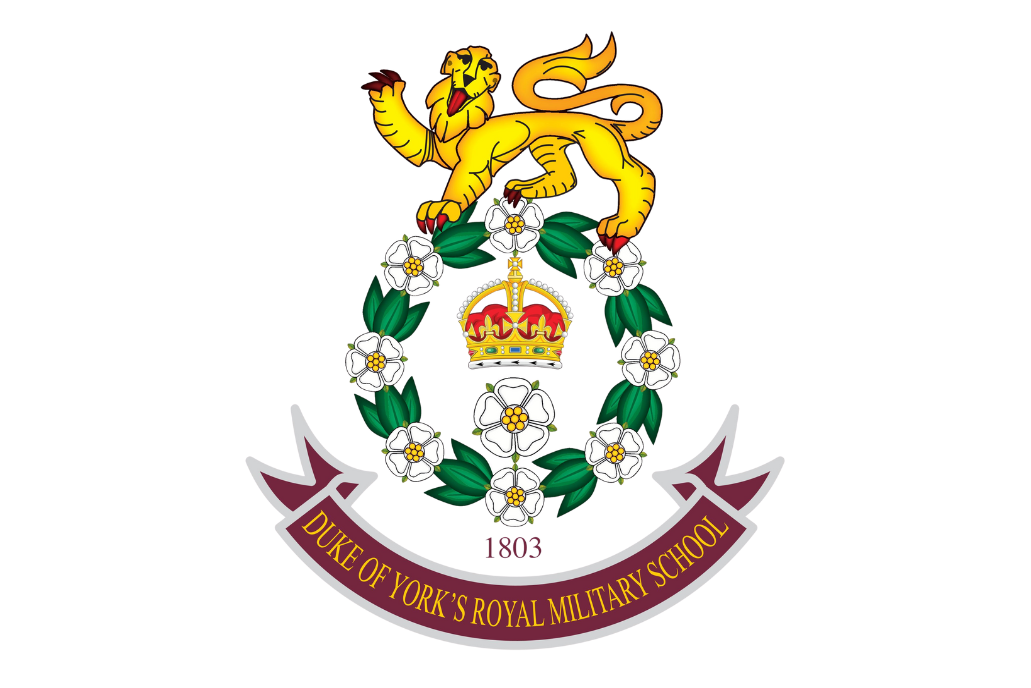UK Special Forces command rejected over 2,000 asylum applications from Afghan commandos who provided credible evidence of their service alongside the British SAS and SBS, the Ministry of Defence (MoD) has confirmed.
The decision to block resettlement applications from former Afghan commandos, known as the Triples, comes despite their significant contributions to British-led operations in Afghanistan, where they fought alongside UK forces against the Taliban.
The Triples, consisting of CF 333 and ATF 444 units, were trained, funded, and supported by UK Special Forces, and when the Taliban took control of Afghanistan in 2021, they were deemed to be at serious risk of retaliation. As a result, they were entitled to apply for resettlement in the UK.
However, the MoD has confirmed that every application from these Afghan commandos, referred to UK Special Forces for sponsorship, was rejected. UK Special Forces have yet to support any of the resettlement claims, despite the commandos’ proven service alongside British forces.
The MoD had previously denied that there was a blanket policy of rejecting members of these units, but investigations have not uncovered any evidence suggesting that UK Special Forces supported any of the applications.
A statement from the MoD did not directly address whether UK Special Forces had supported any applications, instead declining to answer the question.
The Triples were originally set up, trained, and paid by UK Special Forces and worked closely with the SAS and SBS on various operations across Afghanistan. After the fall of Kabul in 2021, many former members of the Triples feared for their lives, believing they were at risk of reprisal from the Taliban due to their collaboration with UK forces.
Controversy and Legal Challenges
The rejection of their applications is further complicated by an ongoing public inquiry in the UK, investigating allegations of war crimes committed by British Special Forces during operations in Afghanistan. The Triples were often present during these operations, and their testimony could be crucial to the inquiry.
The inquiry has the authority to compel witnesses who are in the UK to testify, but not those outside the country. If the Triples were resettled, they could have been called upon to provide key evidence.
Last year, reports revealed that UK Special Forces were given veto power over the resettlement applications, a fact that caused outrage among former SAS members and others who served alongside the Afghan units. Some MPs have expressed concern that the rejections may be linked to the inquiry and the potential testimony of former Triples members.
Mike Martin MP, a member of the Defence Select Committee, voiced his concerns, stating that there was a strong appearance that UK Special Forces blocked the applications to prevent key witnesses from testifying. He said, “If the MoD cannot provide a proper explanation, this issue should be included in the inquiry.”
Johnny Mercer, former Conservative MP and veteran of Afghanistan, echoed these concerns, stating that he had heard “horrific” allegations of war crimes from Afghan commandos. He believes the Afghan special forces community in the UK holds significant evidence that should be part of the inquiry.
MoD Review Under Fire
The MoD began reviewing the resettlement applications of the 2,022 rejected Afghan commandos in 2022, but over a year later, the review remains incomplete. While some rejections have been overturned, the MoD has not provided applicants with information on whether their cases are being reconsidered or if their rejections remain in place. Many applicants, still in hiding in Afghanistan, have struggled to secure legal representation or contact the MoD.
The delays have led to tragic consequences, with reports of dozens of Afghan commandos being killed, tortured, or captured by the Taliban since the group regained control of the country.
A former Triples officer described the rejections as a betrayal, stating, “We worked with British forces like brothers. The delays and rejections have cost lives.”
The MoD is also facing legal challenges regarding the review process. Lawyers representing former Triples members argue that the MoD’s decision not to disclose the criteria used to select applicants for review, as well as the lack of transparency about whether their cases are being reassessed, is a violation of the applicants’ rights.
Dan Carey, a lawyer representing one of the applicants, highlighted the difficulty of navigating the legal system while many former commandos remain in hiding. “Our client’s focus is on his soldiers left behind in Afghanistan, some of whom have been killed while waiting for protection decisions,” Carey said.
Further Evidence of Unexplained Rejections
Recent evidence presented in court suggests that some applicants who served with UK Special Forces after 2014 were rejected outright, without being referred to UK Special Forces headquarters for further consideration. The MoD has not provided a clear explanation for this policy, which remained secret from the applicants.
A MoD spokesperson explained that after 2014, the UK’s role in Afghanistan evolved to focus on training, advising, and assisting CF 333. However, former UK Special Forces officers who served with the Triples argue that the units continued to work closely with British forces on operations even after this shift in role.
In response, the MoD has stated, “There has been no evidence to suggest that any part of the MoD has sought to prevent former members of Afghan specialist units from giving evidence to the inquiry.”
As the legal battle continues, the fate of the Afghan commandos remains uncertain, with many still facing grave danger in Afghanistan while waiting for decisions on their resettlement applications.
